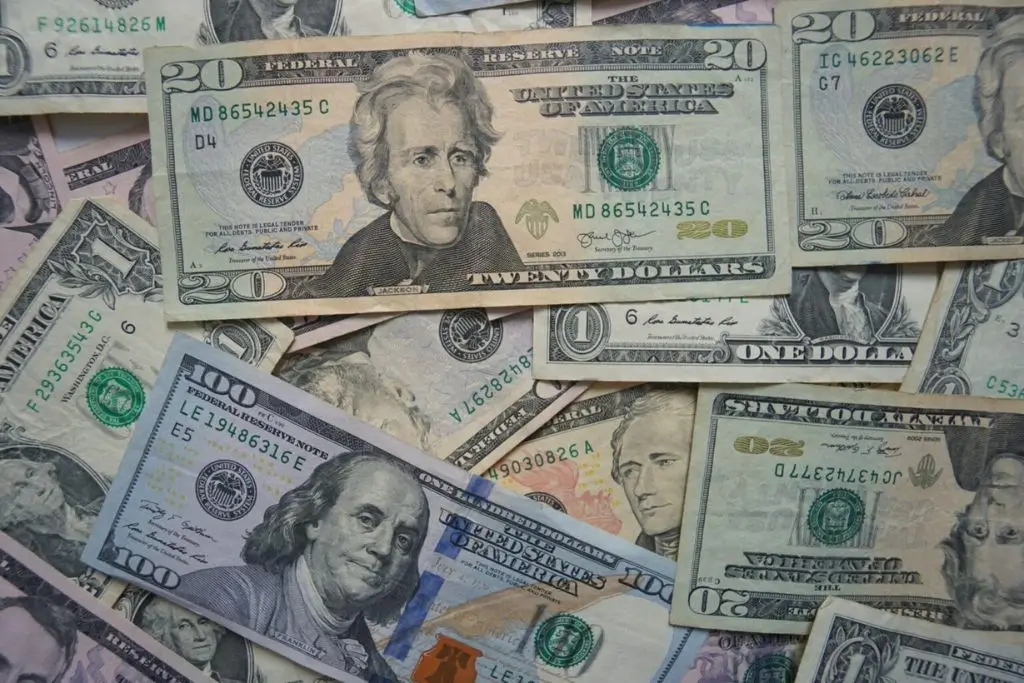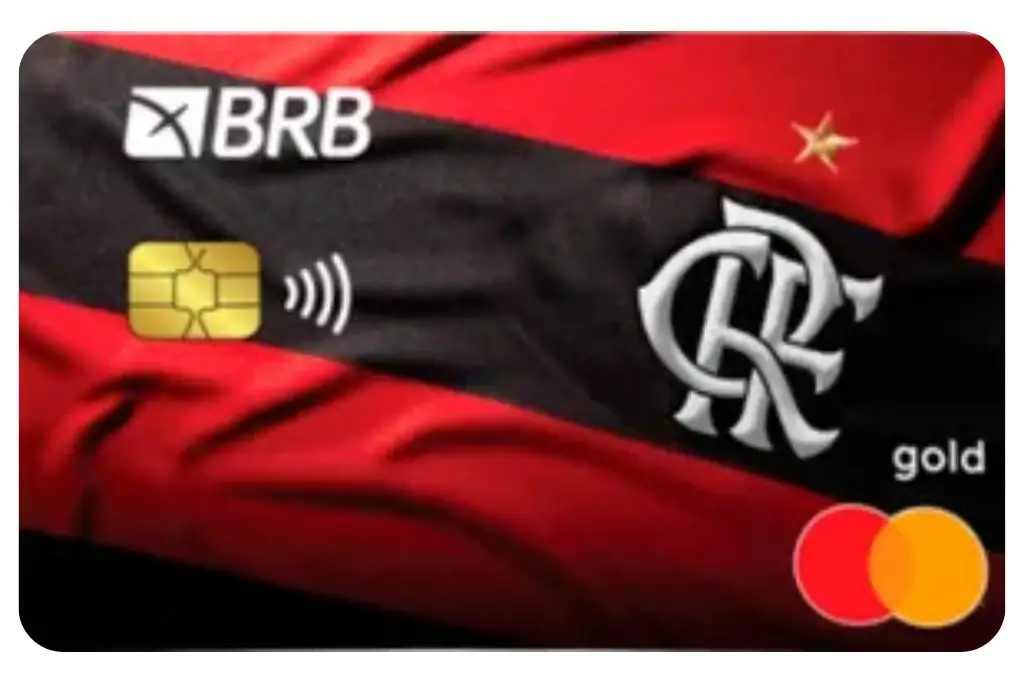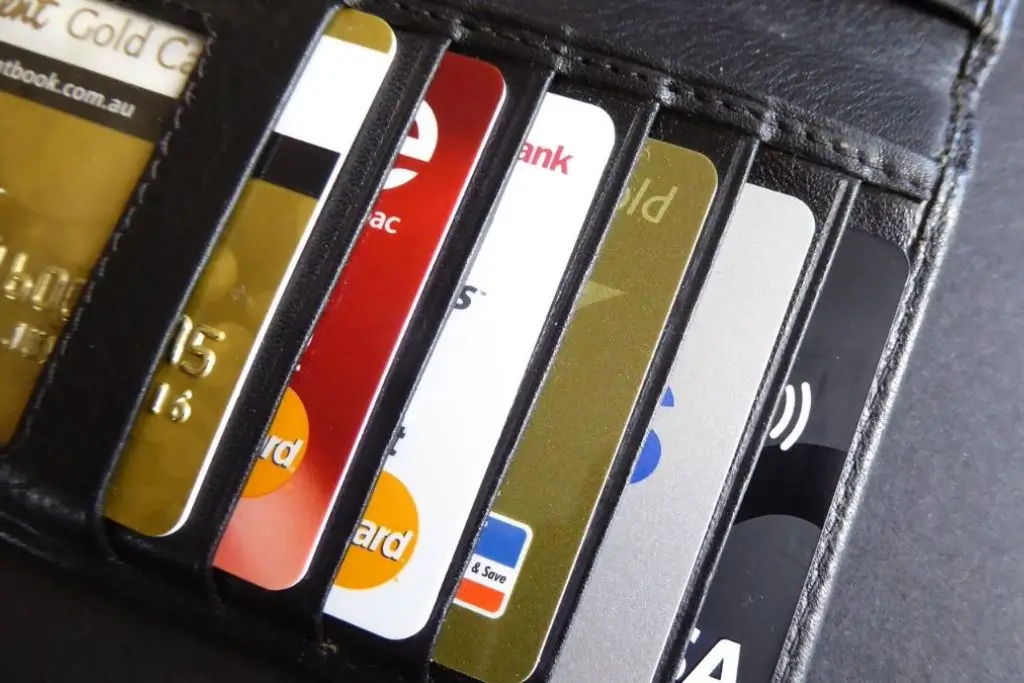Take a look at the relationship between European football teams and the stock market and find out which teams are also profitable on the financial market.
The practice of trading football club shares on the stock exchange is a reality already established in Europe, although it has yet to gain traction in Brazil.
This dynamic is boosted when a club, like a traditional company, chooses to hold an initial public offering (IPO) and go public, allowing investors to acquire shares in the team.
Some European teams already operate on the stock exchange, and this has brought exponential profits not only for the club but also for shareholders and investors.
With the financial landscape increasingly heated in the football sector, this peculiar activity can prove advantageous both for investors who trust in the growth potential of their favourite club, and for the team itself, which can benefit from the additional financial influx coming from engaged investors and fans.
The high financial turnover in the football world, with multi-million dollar transfers and lucrative sponsorship contracts, provides fertile ground for this practice.
What's more, the entry of investors into the club stock market can provide an injection of funds that makes it possible to improve sports infrastructure, sign top players and develop grassroots programmes.
However, this approach also presents unique challenges, including the need for financial transparency on the part of clubs, the effective management of the funds raised and the need to balance the demands of investors with the club's sporting objectives.
What's more, the volatility inherent in the stock market can add an extra layer of complexity to this equation.
Meet three European teams that have ventured into the stock market, and have been very successful in the financial market too!
Top 3 European Stock Exchange Teams
3rd place - Borussia Dortmund
In third place is the German team Borussia Dortmund with around half a billion dollars in total market valueThe German club has risen in value more than 6 times in the last decade and has gained even more prominence in the news with the good performances of the Norwegian matador Erling Haaland.
With its shares listed on the Frankfurt Stock Exchange since 2000 using the code "BVB", the German team, also called "Schwarzgelben" by its fans, is the only one in its country to be listed on the stock market.
Main ways of operating in the market:
- Good results;
- Manufacture of sports equipment;
- Travel agency (despite the pandemic);
- Strong ties with fans and marketing;
- Investment in the club's management and structure.
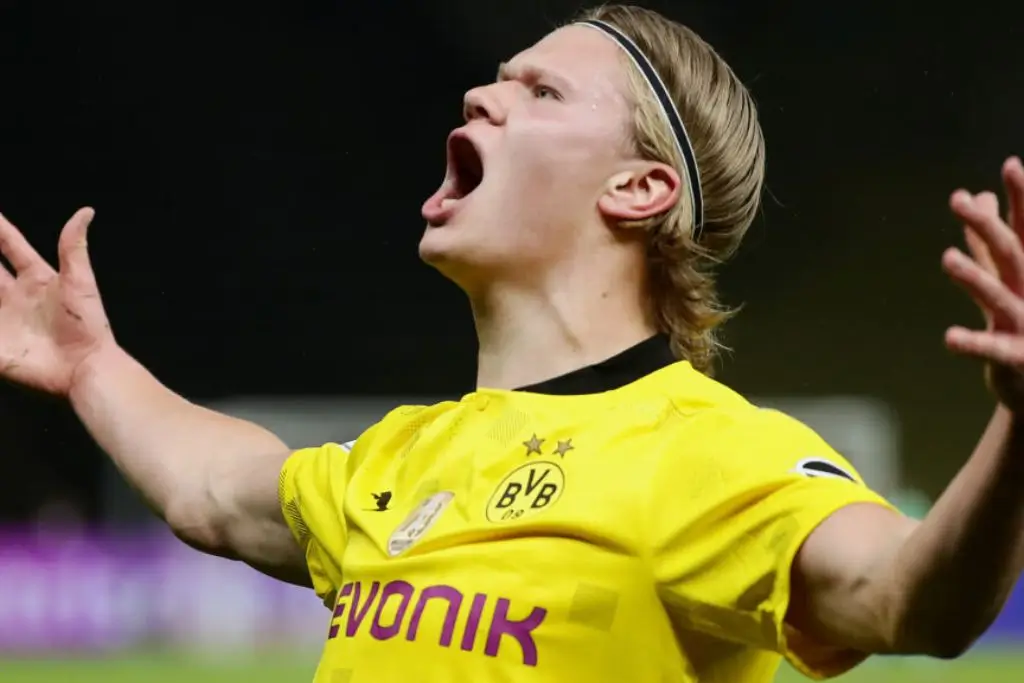
2nd place - Juventus:
Despite the recent departure of the Turin team's main name, Cristiano RonaldoJuventus is a powerhouse both on and off the pitch, with an international reputation. total market value of around 1 Billion DollarsThe "Old Lady", as it is also known, is our second favourite European team on the financial market.
Juventus has had its shares listed on the Borsa Italiana since 2001 under the ticker "JUVE" and two other teams are also listed in Italy: Roma and Lazio.
In 2006, the team was caught up in a match-fixing scandal and saw its shares fall dramatically. They were also relegated from the Italian league in one of the team's most memorable seasons.
The good times began to return in 2012, with the value of the shares having quadrupled over the last decade, thanks to the club's good management, which was able to increasingly improve the strength of the brand on a global level, as well as good campaigns and partnerships made after good decisions.

1st place - Manchester United:
And first up we have the Red Devils, the Manchester United team that recently announced the return of one of the team's greatest idols, Robozão Cristiano Ronaldo. In addition to boasting the title of the Premier League's biggest winner, the Reds top our ranking of European teams in the financial market, with a total market value of around 3 billion dollars.
Although Tottenham was the first team to list on the stock market in 1983, Manchester United was more successful in going public and listed on the London Stock Exchange in 1991. Fourteen years later, after the Glazer family took over the Reds in 2005, the team was delisted from the London Stock Exchange, only for Manchester United's shares to be listed on the New York Stock Exchange in 2012 under the code "MANU".
Despite the ups and downs of the last decade, the team's shares still have a good value, most recently with the arrival of Cristiano Ronaldo to the "Devil Reds" squad brought the team's total market value on the stock exchange to around 150 million dollars.
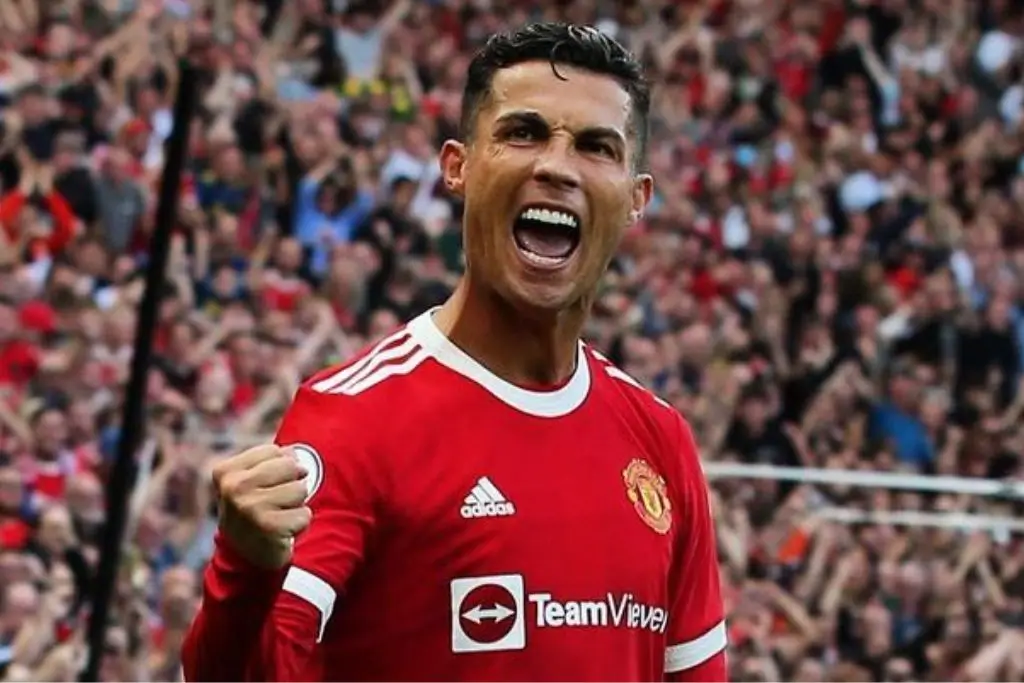
Read also: Find out how a Corporate Club works
Attention!
Valor e Capital is a purely informative site aimed at enriching our users with financial content, we are not linked to any company and we do not make suggestions for buying or selling assets, do not share personal information in the comments.



